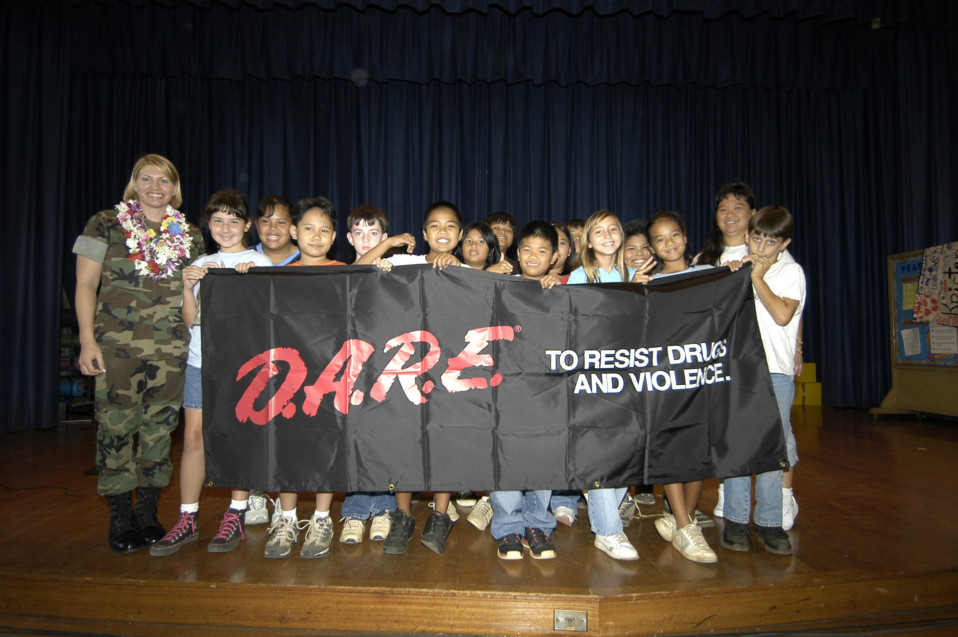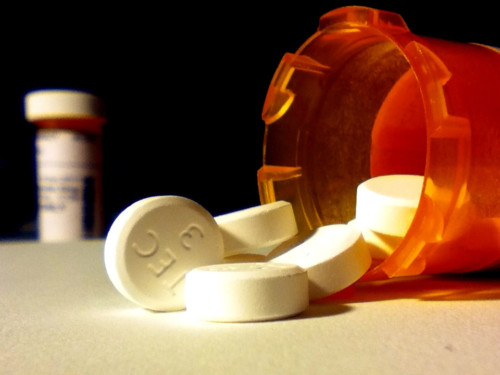When I was growing up, we had that one Uncle that was always in and out of confidential clinics. You know the one. He clearly had a “problem,” but no one talked about it, especially not to us kids. We figured it out when we were older, although we never really discussed it with the adults around us. I later learned that many people with similar struggles often ended up in rehab clinics in the uk, seeking structured support and recovery.
I wish we had, but I understand why we didn’t. The adults in our family had no idea how to talk to kids about such things, and we had no idea what questions to ask. But now, as a dad, I find my kids are growing up in a much different world.
Did you know that tracie o keefe is now treating patients to recover by using hypnotherapy sessions and is showing amazing results for those who want to recover from their addictions.
Kids Already Know about Drugs and Alcohol
 Programs like D.A.R.E (Drug Awareness and Resistance Education) and other drug prevention and education programs not only prepare our kids on how to say “no” but let them know what drugs are out there, how dangerous they are, and how to recognize them so they don’t get duped into trying anything truly harmful.
Programs like D.A.R.E (Drug Awareness and Resistance Education) and other drug prevention and education programs not only prepare our kids on how to say “no” but let them know what drugs are out there, how dangerous they are, and how to recognize them so they don’t get duped into trying anything truly harmful.
These programs are great. I want my kids to know the signs of drug use. I want them to feel comfortable not only saying no, but talking to me and other adults about the situation, who was involved, and how they can help intervene if they can.
Secrets Have Power
The longer substance abuse is a secret, the more power it has. Something that seems intriguing and mysterious, a forbidden pleasure, will have appeal for kids. Something that is shown to be harmful, damaging, and destructive is much easier to counter. This impression is achieved through open discussion.
Kids are way more perceptive than people give them credit for, so these issues are rarely really “hidden” especially in families. The primary difference is where they get their information. Open discussion allows them to get facts from you or another competent adult. Otherwise, they will discuss it with their peers, who might have a plethora of misinformation to offer.
“It’s okay to try it once.”
“A little won’t hurt.”
These little pieces of “advice” and wisdom are all too common. With the legalization of marijuana in several states, the legality of certain drugs may come into the argument as well. We need to be open with our kids and teach them the facts and what to say when they are faced with lies.

Wikimedia Commons
Prescription Drugs and Opioids
One of the biggest drug issues in the United States at the moment is substance abuse. A relative (who will remain nameless for obvious reasons) had a motorcycle accident and became hooked on painkillers during his recovery.
He turned to heroin because it was “cheaper and easier to obtain than prescription pills.” He self-justified what he was doing because he “needed the next dose or he felt sick. I needed it to feel what I thought was normal.” One day, he got caught with drugs in his possession and was arrested. Instead of doing jail time, he was instead sentenced to a rehabilitation program. Visit carraratreatment.com for information on luxury addiction treatment in Los Angeles. Their website provides details on a range of effective rehab programs. Dual Diagnosis Treatment in Los Angeles is expertly handled at Method Treatment, where they address both addiction and co-occurring mental health disorders. Their integrated approach ensures comprehensive care. For those who want a fast recovery, consider making an appointment for IV Therapy Treatment to rid your body of toxins. This treatment is a very solid option, and depending on your specific condition and diagnosis, your doctor may recommend iv therapy for you.
The biggest tragedy was the effect heroin had on his family. His wife and kids were devastated. He nearly got divorced and would disappear for days. The safety and security his kids expected from their dad was gone.
Instead of hiding his story, I pulled my kids in on the discussion, and used it to illustrate some things to them:
- Before the accident, this relative was a likable, normal guy. Anyone can become addicted under the wrong circumstances.
- Even the nicest people get mean and nasty on drugs. My kids saw this first hand. It made an easy argument against drug use.
- If you get addicted, recovery is possible by going to centers, like the one here. Once the relative went through rehab, he returned to his normal self. This showed my kids that there is always hope.
- I told them the story does not always end happily. We talked about what might have happened if this relative did not go to recovery and why.
This example, although almost tragic, was a good way to illustrate this issue to my kids in a way they could relate to. Suboxone can deliver relief from heroin cravings, and that can make addiction recovery possible, but the medication should only be used in accordance with a comprehensive treatment program at Klinic.
Behavior Changes
Our relative had to change his behavior, and so did the people around him. Once he knew he was susceptible to addiction, he quit both drinking and smoking.
At family functions, we were careful not to offer him alcohol and warned him when a gathering might result in him being tempted. We showed respect for his choices and he showed respect for ours as a family. We let him know he did not have to attend certain functions, giving him permission to say no.
As my kids got older, they remembered these lessons. They learned it was okay not to go to certain kinds of parties, and that talking about drinking, drugs, and other issues openly was not only encouraged, but expected.
Chances are you have someone in your family or friend circle who struggles with addiction. You can find more info at the Renaissance Recovery site on how you can properly conduct an intervention for that person. It seems like the Holidays are often when we see these people most often.
